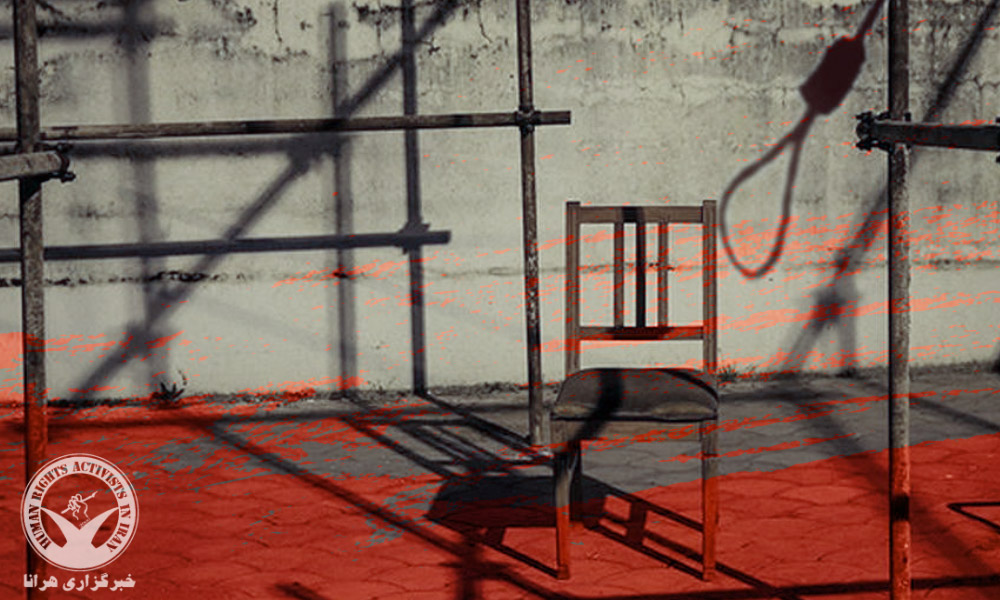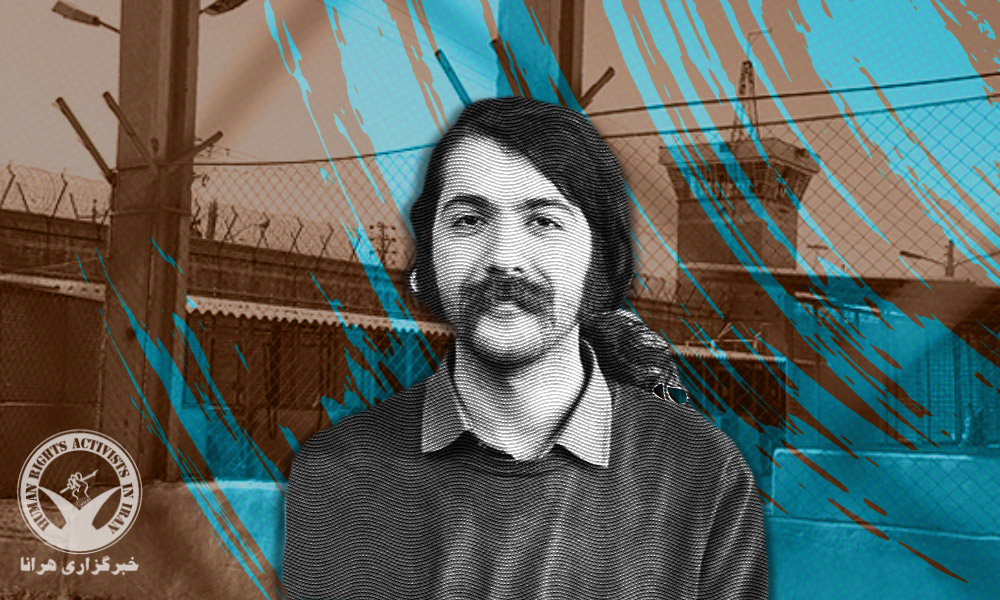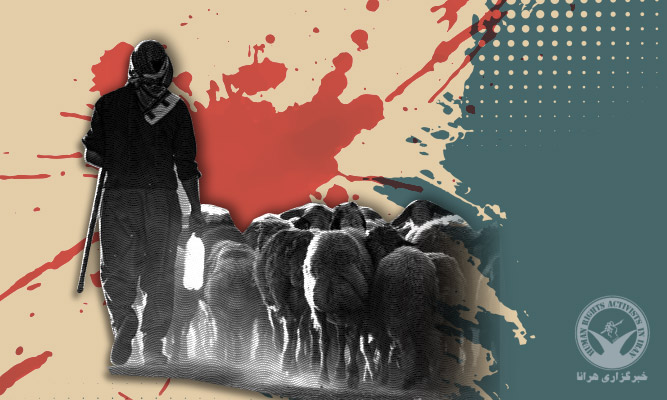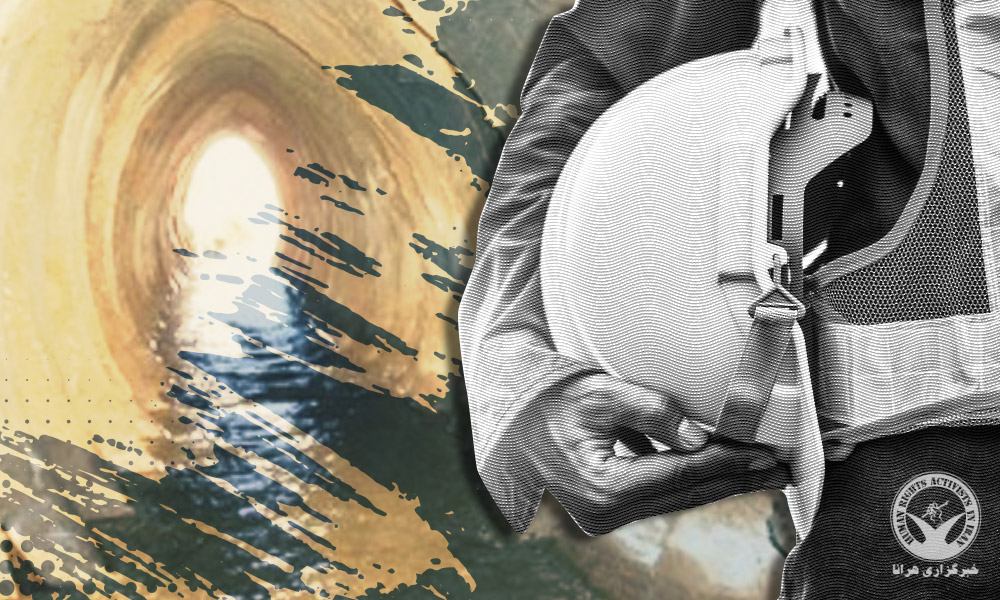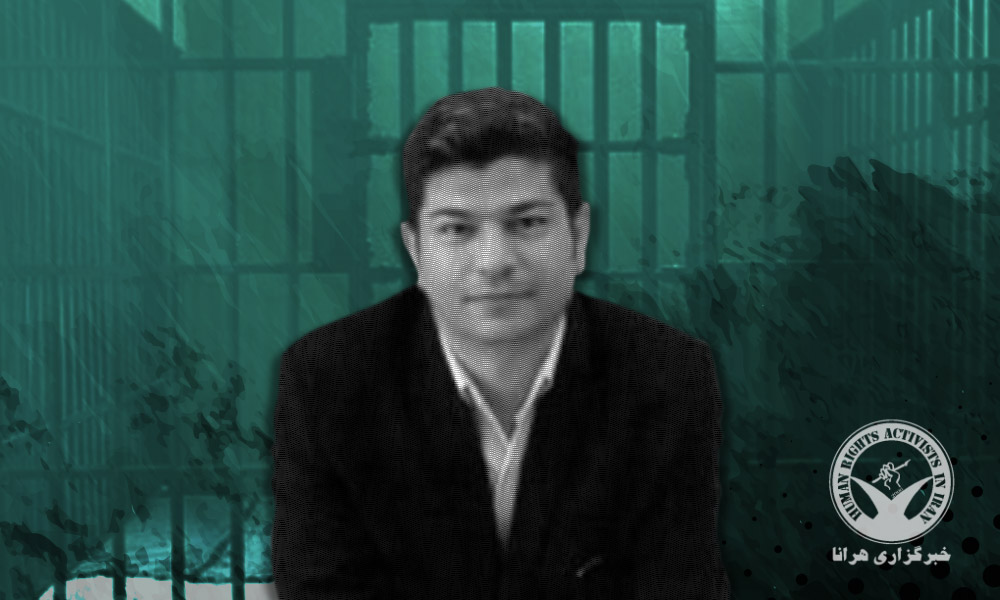A total of three workers have been killed and one injured in recent accidents that were brought about by unsafe workplace conditions.
According to HRANA, the news agency of Human Rights Activists, quoting Rokna, on November 2, in three workplace accidents in Qorveh, Mahabad and Hafshejan cities, three workers lost their lives and one more was injured.
Ali Naseri, the head of the fire department in Qorveh announced the death of a worker due to the fire that broke out in a bakery.
“In a bakery in a district in the center city of Qorveh, a gas leak from a gas pipe, which had been branched off illegally to be used for bread baking machine, caused a fire in this bakery,” Naseri commented. “After the neighbors reported the fire, the fire department dispatched the firefighting team to the spot. The firefighters saved two workers from the fire. One of them had severe burns, who was transferred to the hospital.”
The head of the pre-hospital emergency care unit of Qorveh Shahrokh Mohammadi revealed that the 55-year-old baker died in a hospital in Sanandaj city due to severe burns in several parts of his body.
It is worth noting that many bakeries in both urban and rural areas use off-brand gas lines which are not up to code, and this can lead to gas leaks and fires.
In another workplace accident in Mahabad, a worker was poisoned by carbon monoxide gas.
“Following an emergency call, the Emergency Center of Police 110 sent a team to the spot,” the police commander of Mahabad stated. “Preliminary examination of the emergency team revealed the victim, a 50-year-old man, has died of poisoning due to inhaling carbon monoxide gas while he was asleep.”
According to HRANA, the news agency of Human Rights Activists, quoting ISNA, two months after a work accident, in a sugar factory in Hafshjan city in Chaharmahal and Bakhtiari Province, one worker died from severe injuries. Reportedly, the victim died from a neck fracture after eight heavy sugar bags fell on top of on him.
“The height of the sugar bag piles should not be more than 1.8 meters,” HSE manager of Hafshjan sugar factory Arash Heyday said. “The government has to take action to unload these warehouses. However, because of the delay in unloading and lack of room, we have to make higher stacks which endanger the workers.”
Iran ranks 102 in workplace safety out of 189 countries.




